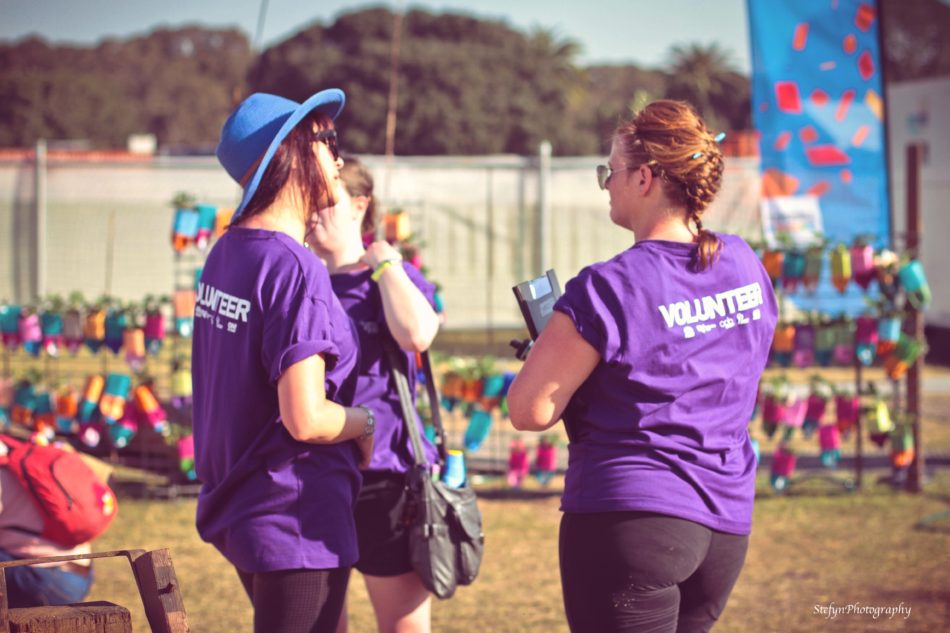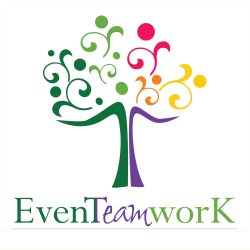 So it’s six weeks into 2015 and we have already finished three amazing events. February, with the major summer events behind us, is usually the time we celebrate our New Year and start planning for the next one. Accordingly, we wish all of you a very Happy New Year!
So it’s six weeks into 2015 and we have already finished three amazing events. February, with the major summer events behind us, is usually the time we celebrate our New Year and start planning for the next one. Accordingly, we wish all of you a very Happy New Year!
New Year is also traditionally a time for resolutions, and I’d like to invite you to join us in ours. This year, my resolution for Eventeamwork is to create stronger links between you and your volunteer community. We find that organisations that take time to think about their volunteers before, during and after events get better results, so we have a challenge for you.
Volunteering is a very special experience, and it’s an experience you deserve to have – so here’s your challenge: volunteer for something this year, for someone else’s event or festival or fundraiser. It’s a chance for you to see what volunteer management looks like from the other side of the fence but more than that, it’s a way for you to more deeply understand what volunteers do, how crucial they are to the events and organisations they serve, and exactly what you and us can do to give your volunteers the kind of experience that will make them sign up again and again.
Between all of your great events we have a great variety of choices. We are constantly updating our homepage with new opportunities so check it out and let us know where you want to get involved. We look forward to seeing you all very soon!
Here is to a great year of volunteering in 2015!


